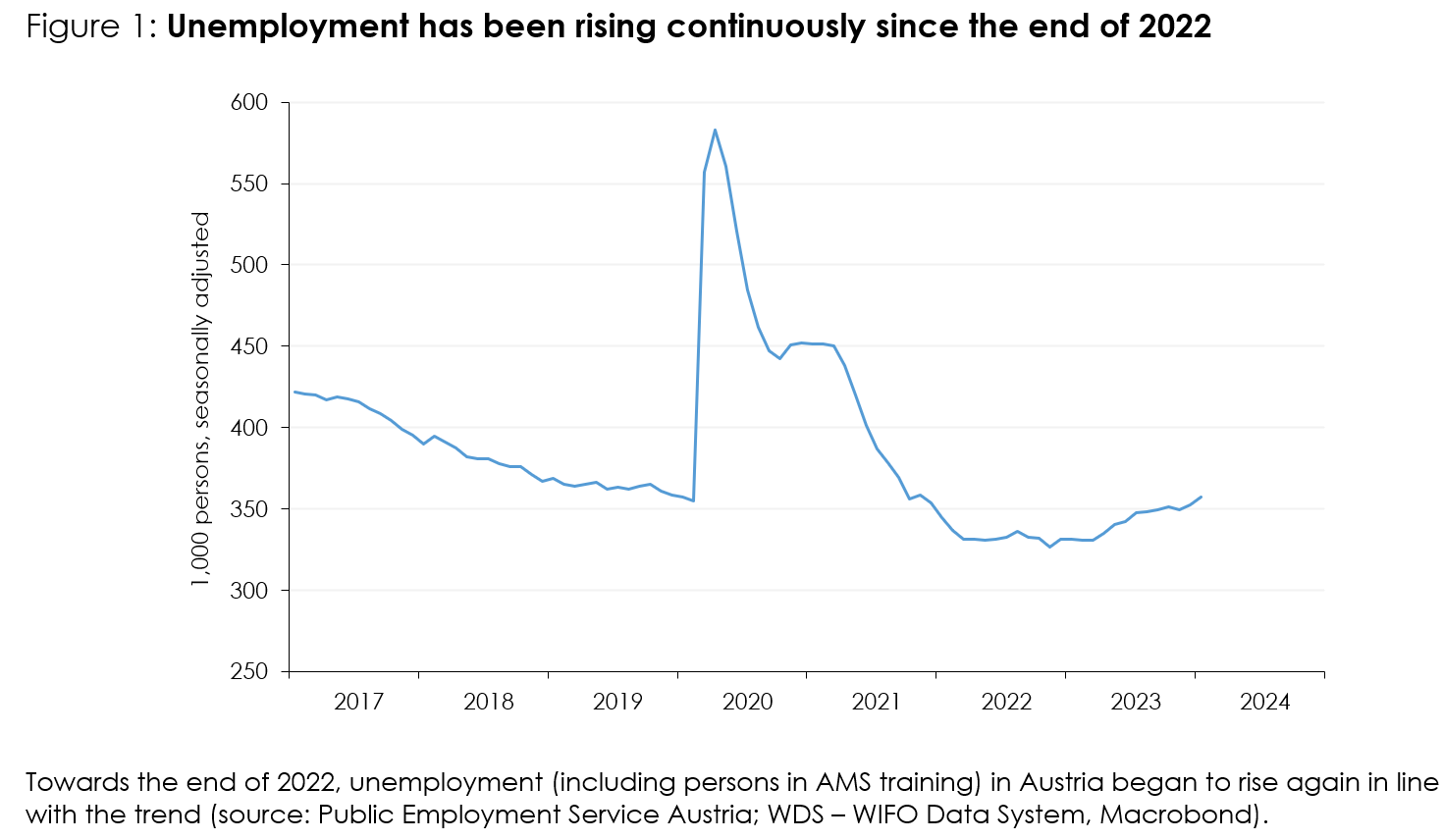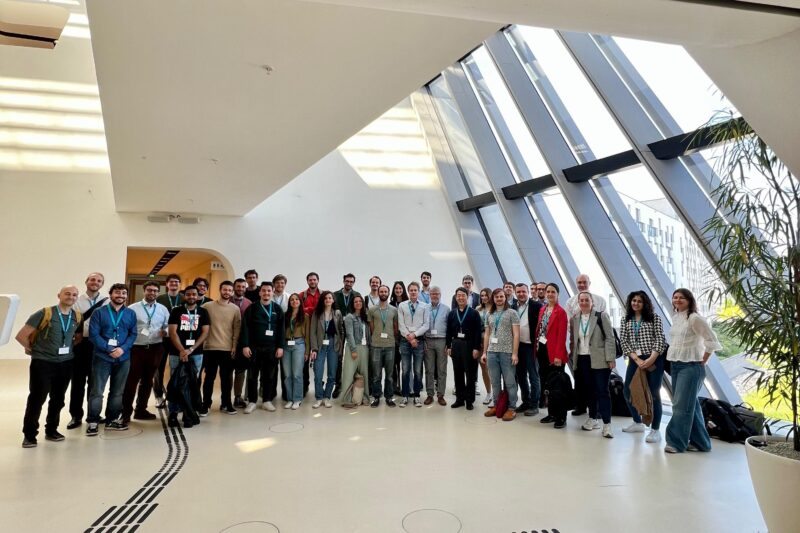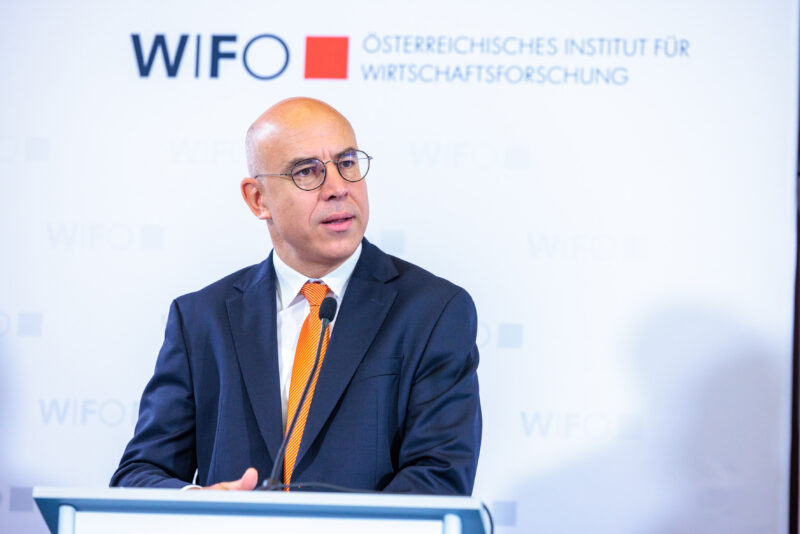
Austria's Industry Remains in Recession
Domestic industry is still in recession. Although the WIFO business climate index for manufacturing stabilised at the beginning of the year, it is still clearly in negative territory. The two sub-indices on the current situation and expectations for the next three months rose only marginally. In contrast to the other sectors, tourism is growing strongly despite the considerable increase in the cost of hotel and restaurant services. After an interruption in December, the decline in the inflation rate continued in January.
"The weak (international) business cycle is increasingly weighing on the domestic labour market. The recession starting mid-2022 led to a delayed reversal of the trend in unemployment", says Marcus Scheiblecker, author of the latest WIFO Business Cycle Report.
The Austrian economy has been showing clear signs of recession for several quarters now. The sharp rise in interest rates as a result of restrictive monetary policy is having a negative impact on investment demand across Europe. Countries specialising in capital goods, such as Germany, the Czech Republic and Austria, are particularly affected. The tighter credit conditions are also significantly dampening demand for construction.
The weakness of the industrial economy is now also affecting the service sector. In Austria, business-related services and trade have been affected alongside transport. Only the tourism industry is currently performing well.
According to preliminary calculations, the Austrian economy grew by 0.2 percent in the fourth quarter of 2023 compared to the previous quarter, resulting in a GDP decline of 0.7 percent for 2023 as a whole (in real terms). The results of the WIFO-Konjunkturtest (business cycle survey) from January 2024 reflect the recessionary trend that is currently affecting almost all sectors. In the manufacturing sector, assessments of the current situation are likely to have stabilised at a low level. At the end of 2023, the corresponding index did not fall any further, and in January surveyed companies were somewhat more confident again with regard to both their current business situation and their expectations for the coming months.
In the service sector, however, sentiment continued to deteriorate. Only in tourism have assessments recently been above the long-term average, especially as the ideal weather conditions ensured a successful start to the winter season.
The inflation rate fell again in January (according to the flash estimate). In December 2023, the price-dampening effect of the electricity price brake introduced a year earlier had expired. Together with the reduced dampening effect of fuel prices, this led to a renewed rise in inflation. Inflation in Austria remains significantly higher than the euro area average.
The inclusion of newly immigrated population groups in the unemployment statistics as well as a reduced demand for labour caused by the ongoing recession are currently leading to an increase in unemployment. The number of job vacancies has fallen noticeably in recent months. Employment growth, which had previously prevented a sharper rise in the unemployment rate, came to a virtual standstill in January compared to the previous month. Compared to the previous year, growth fell from 0.7 percent in December to 0.4 percent in January.
Please find the entire business cycle report here (German version).

Publications
Please contact
















